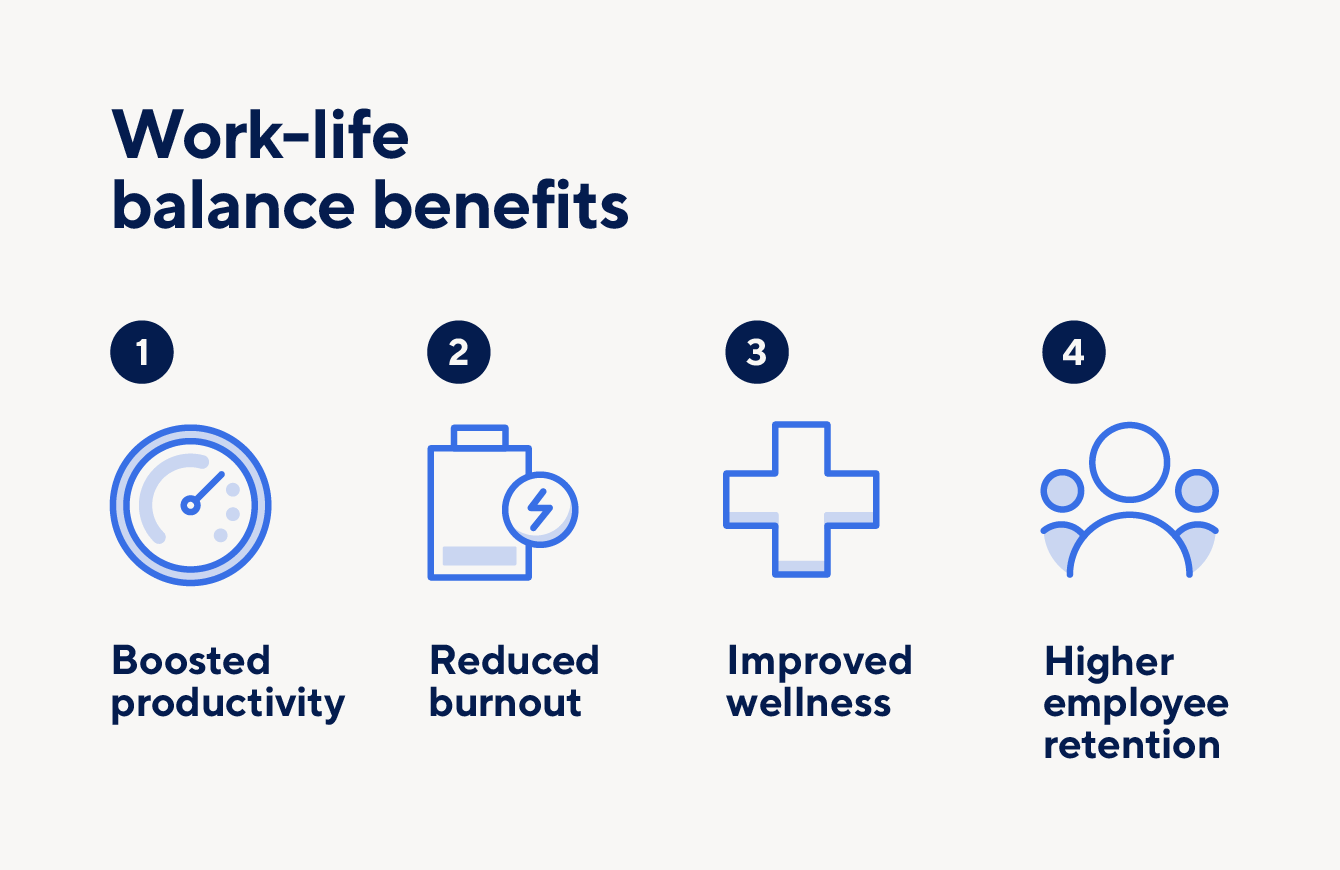In today’s fast-paced and ever-evolving business environment, the importance of comprehensive healthcare benefits for both employers and employees cannot be overstated. Offering a robust healthcare package is not just a moral imperative but a strategic advantage that enhances employee satisfaction, retention, and productivity. This article delves into the various types of healthcare benefits that serve the dual purpose of supporting employees’ well-being while aligning with employers’ goals for a healthy, engaged workforce.
Comprehensive Health Insurance Plans
At the core of any beneficial healthcare offering is a comprehensive health insurance plan. These plans typically cover a range of medical services including preventive care, doctor visits, hospital stays, surgeries, and prescription drugs. For employers, providing a health insurance plan is a significant step towards ensuring employees have access to necessary medical care without the burden of prohibitive costs. This not only aids in maintaining a healthy workforce but also in attracting and retaining top talent who value health benefits as a critical part of their employment package.
A key aspect to consider is the customization of health plans to meet the diverse needs of the workforce. Tailoring options can include choosing between HMOs, PPOs, or EPOs, each with its advantages in network size, out-of-pocket costs, and flexibility in selecting healthcare providers. Employers should also consider offering additional benefits such as dental, vision, and mental health services, which are increasingly recognized as essential components of a holistic healthcare approach.
Wellness Programs
Another vital element in the repertoire of beneficial healthcare offerings is the implementation of wellness programs. These initiatives can range from fitness challenges and nutritional counseling to stress management workshops and smoking cessation support. The goal of wellness programs is twofold: to promote healthier lifestyles among employees and to reduce healthcare costs over the long term by mitigating the risk of chronic diseases.
For employers, investing in wellness programs represents a proactive approach to healthcare that can lead to lower absenteeism, higher job satisfaction, and a more vibrant, energetic corporate culture. Employees, on the other hand, receive the message that their well-being is valued, which can boost morale and loyalty to the company.
Access to Telemedicine
The rise of digital technology has ushered in a new era of convenience in accessing healthcare through telemedicine. This service allows employees to consult with healthcare professionals via phone or video chat, making medical advice more accessible, especially for minor ailments or mental health consultations. Telemedicine can be a cost-effective solution for both employers and employees, reducing the need for time off work for doctor’s visits and providing a flexible, immediate healthcare option.
Incorporating telemedicine into the healthcare benefits package reflects an understanding of modern lifestyle demands and technological advancements. It also demonstrates an employer’s commitment to embracing innovative solutions for health and wellness.
Self Funded Insurance
An alternative to traditional health insurance models that is gaining traction among employers is self funded insurance. In this model, the employer assumes the financial risk for providing health care benefits to employees. Instead of paying a fixed premium to an insurance company, the employer pays for medical claims out of its funds as they are incurred. This approach offers several advantages, including cost savings, flexibility in plan design, and control over the benefits offered.
Self funded insurance plans can be particularly beneficial for larger companies with the financial resilience to absorb the variability in healthcare costs. These plans often include stop-loss insurance to protect against unexpectedly high claims, providing a safety net for employers. For employees, the benefits of self funded insurance include more personalized plan options and lower premiums, reflecting the employer’s savings from bypassing traditional insurance carriers.
Conclusion
The healthcare benefits landscape is complex and multifaceted, encompassing a wide range of options from traditional insurance plans to innovative wellness programs and telemedicine services. For employers, the challenge lies in selecting and implementing the types of healthcare that will best support their employees’ well-being while aligning with the company’s financial and operational goals.
Self funded insurance emerges as a noteworthy option within this landscape, offering potential cost savings and plan customization that can benefit both employers and employees. However, the effectiveness of any healthcare benefit is ultimately measured by its impact on the health, satisfaction, and productivity of the workforce. As such, a holistic approach that integrates comprehensive insurance coverage, wellness initiatives, and access to convenient healthcare services stands as the ideal strategy for fostering a healthy, thriving workplace.
